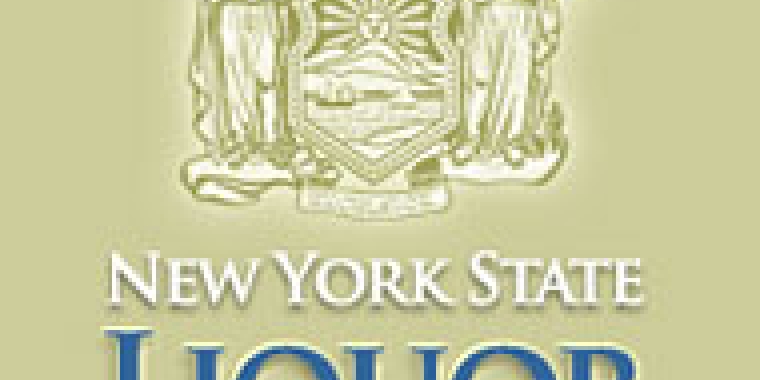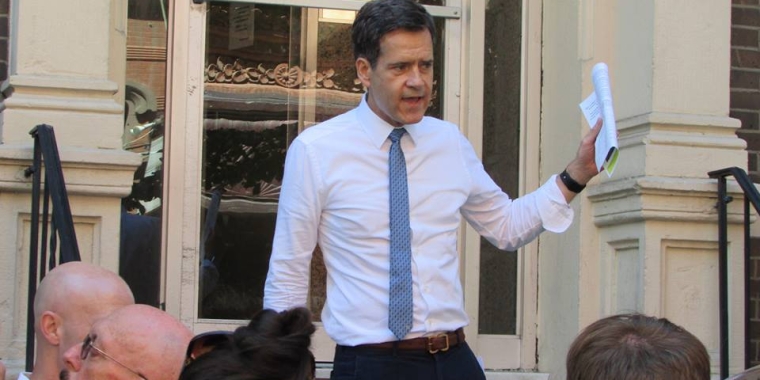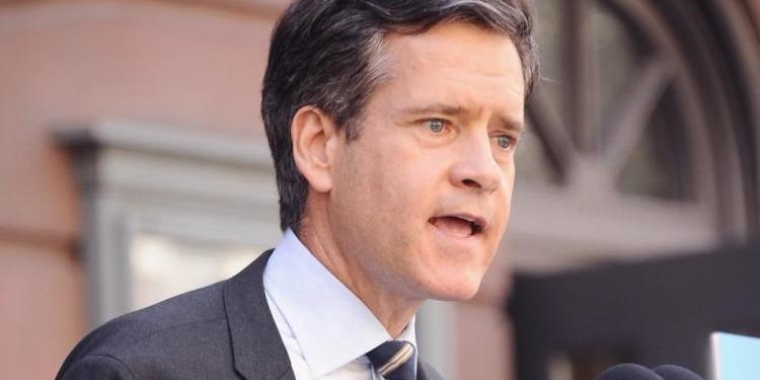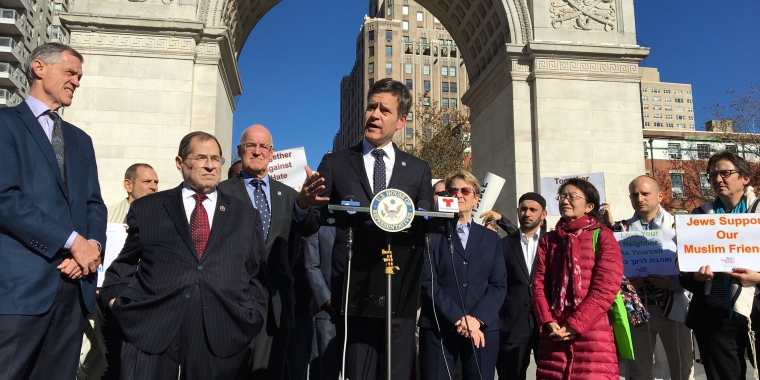
HOYLMAN HAILS COMMITTEE PASSAGE OF BILL INCREASING PROTECTIONS FOR AUXILIARY POLICE OFFICERS
May 9, 2017
-
ISSUE:
- Police
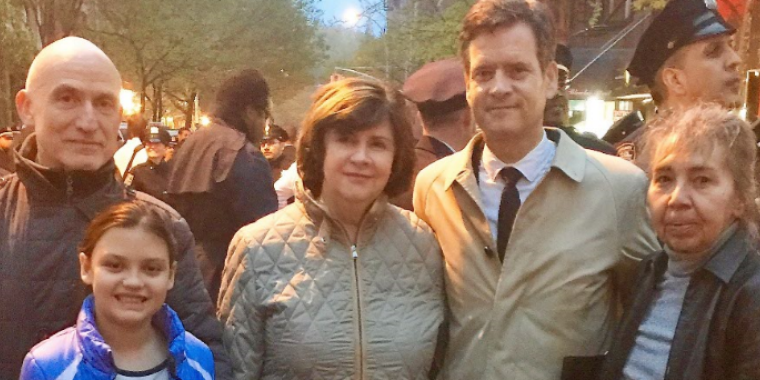
ALBANY – State Senator Brad Hoylman (D, WF-Manhattan) hailed the recent passage of his bill to increase protections for auxiliary police officers through the Codes Committee and called for a full vote in the New York State Senate.
Hoylman’s legislation, Auxiliary Police Officers Yevgeniy Marshalik and Nicholas Pekearo Memorial Act, would amend New York State penal law to ensure that those who kill or assault an on-duty auxiliary police officer are charged with the same offense as those who kill or assault a police or peace officer. The committee passage comes on the heels of the 10-year anniversary of the fatal shooting of auxiliary police officers Yevgeniy Marshalik, 19, and Nicholas Pekearo, 28, who were killed on March 14, 2007 while trying to stop a gunman near the intersection of Sullivan and Bleecker Streets.
State Senator Brad Hoylman said: “Passage of the bill through committee is a fitting memorial to the men for whom it’s named. Auxiliary police officers are an indispensable part of the law enforcement system in communities across the state. These unpaid, unarmed volunteers devote their time to ensuring the safety of all New Yorkers, sometimes at risk to their own lives. I look forward to working with my colleagues to ensure once and for all that if you wear the uniform to safeguard the public, you will be protected from deadly assaults.”
The New York City Police Department Auxiliary Police Program is the largest in the United States with over 4,500 auxiliary police officers contributing over one million hours of service each year. Through the NYPD Auxiliary Police Program, community members volunteer to assist their local precincts, Housing Police Service Areas, and transit districts, by performing uniformed patrols. They do not carry firearms. While auxiliary police officers assist in deterring crime, they are trained to observe and report conditions requiring the services of the regular police, and to avoid engaging directly with criminals. However, the nature of uniformed patrol in any capacity means that auxiliary officers risk finding themselves in dangerous situations every time they step into uniform.
Share this Article or Press Release
Newsroom
Go to Newsroom